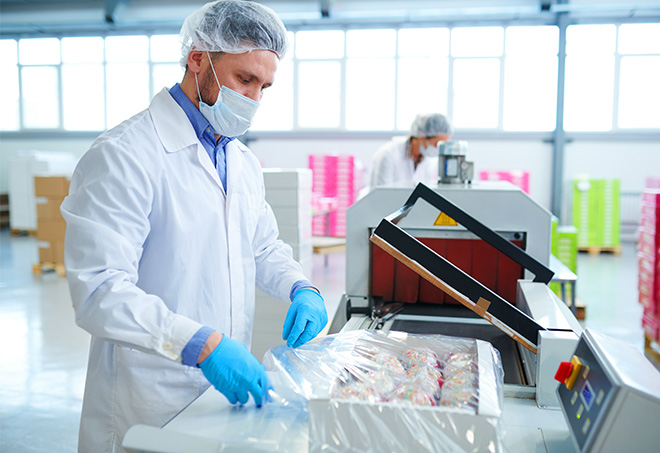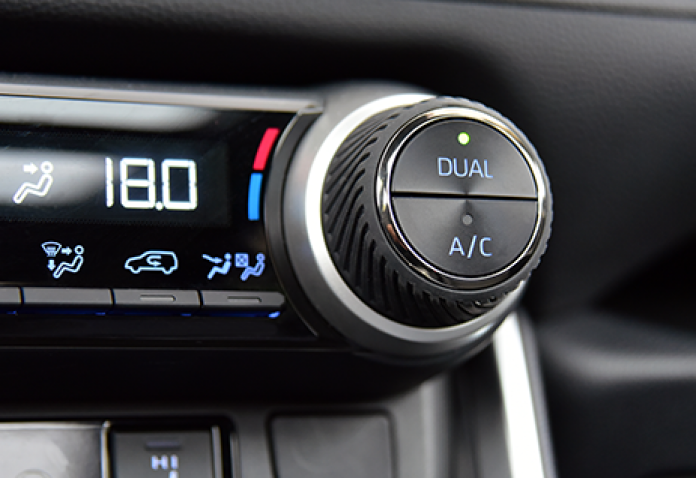
Back

Find your solution


Solutions to reduce carbon footprint: refrigeration systems, cooling or heating, cold storage, deep-freezing, packaging, ripening (refrigerants, heat transfer fluids, foam blowing agents for insulated packaging, leak detection, cleaning and disinfection of surfaces or premises, etc.)
Our solutions for food process
Innovative solutions for the energy efficiency of buildings: air conditioning, chilled water production (bio-based heat transfer fluids, low GWP refrigerants), foam blowing agents for thermal insulating panels and extinguishing agents, cleaning of HVAC systems, draining/filling or charging/recovery of used refrigerants, etc.
Our solutions for building
Solutions for solar, geothermal, nuclear, electric, wind and ORC energy: regenerated SF6, pentanes, low GWP refrigerants, heat transfer fluids, oils, HFOs, etc.
Our solutions for energy
Innovative solutions for cosmetic and pharmaceutical aerosol propellants (deodorants, shaving gel, anaesthesia, etc), vaccine/blood bank conservation (very low temperature refrigerants), dielectric protection of equipment (microscope, MRI), design of underground tanks (engineering).
Our solutions for health - healthcare
Solutions for car air conditioning, maritime, refrigerated and air transport (gases or refrigerants, oils, blowing agents, cleaning and disinfection of surfaces or premises, extinguishing agents), the manufacture of seats / steering wheels (skin foams) etc.
Our solutions for automotive - transport
Climalife offers a wide range of working fluids and associated services with more than 300 products to assist professionals in the design, management and implementation of their equipment and systems.
As a pioneer in responsible refrigeration with the recovery and recycling of fluorinated greenhouse gases, the concept...
More information




Our territorial coverage allows us to be even closer to our customers. The cultural and linguistic diversity of our employees enriches our brand and strengthens our ability to respond locally to the specific needs of industries.
Our brand story